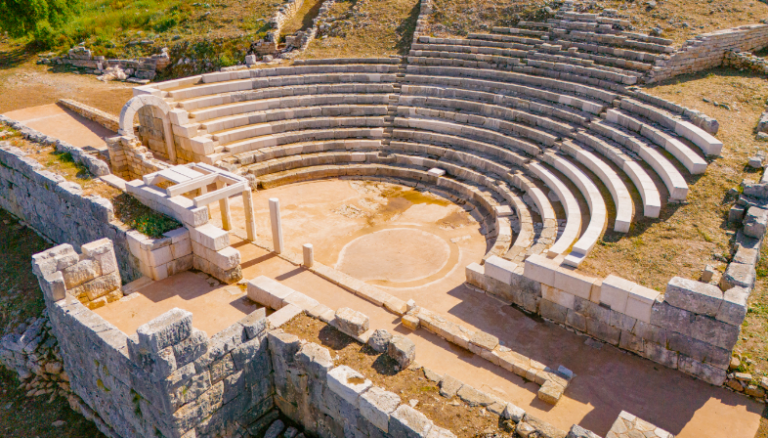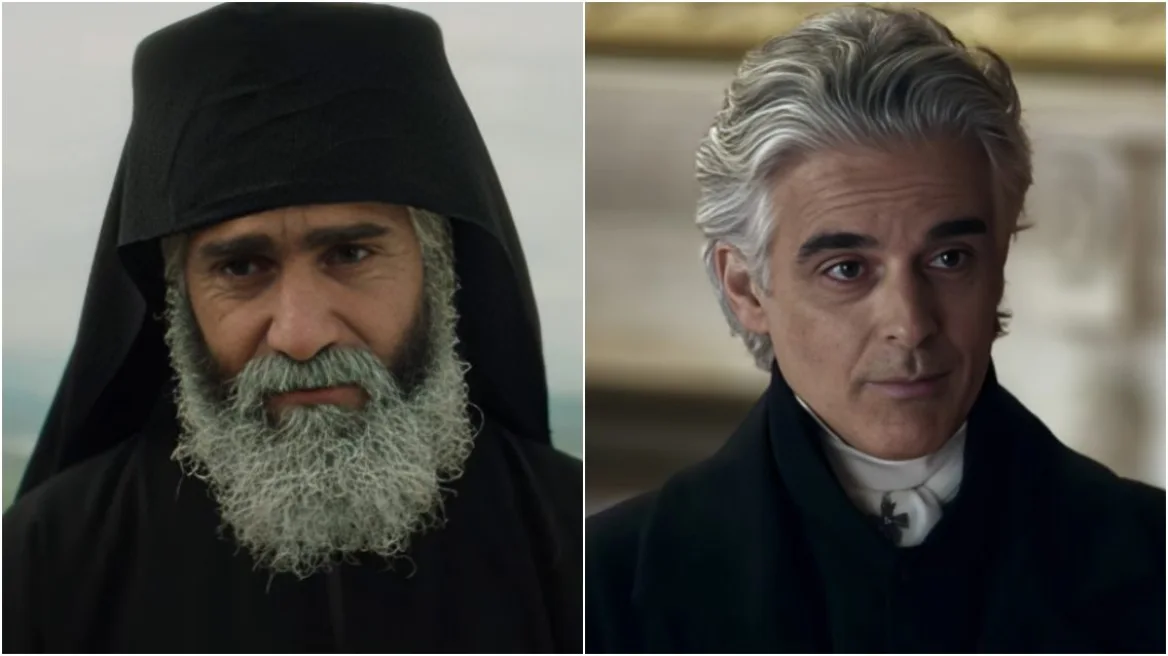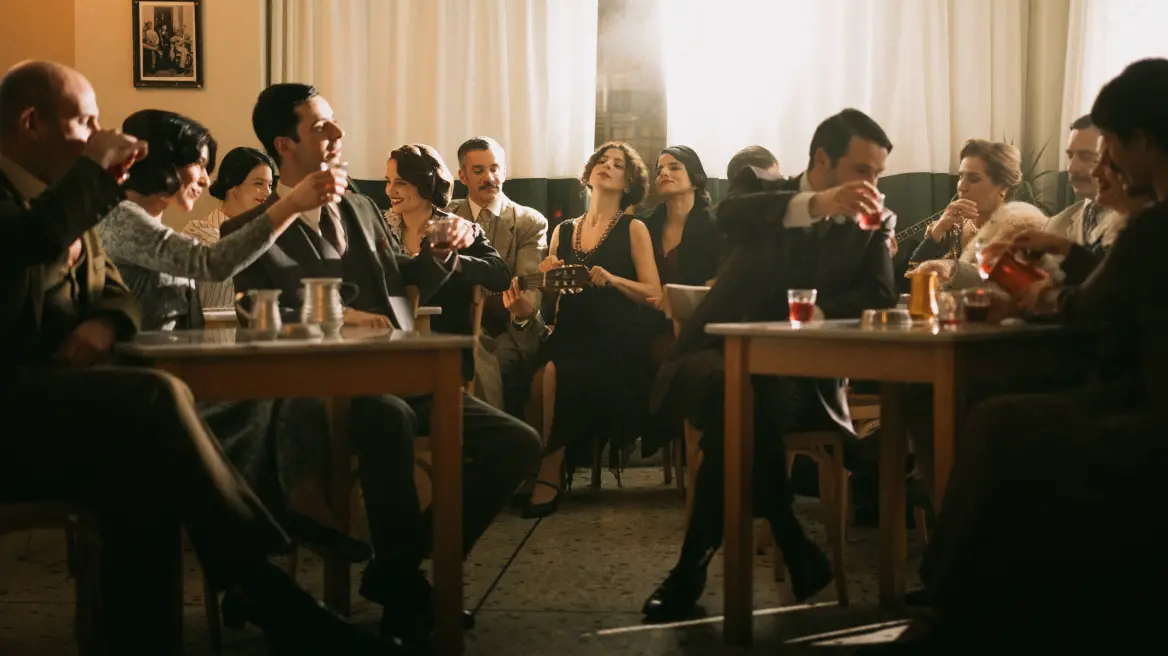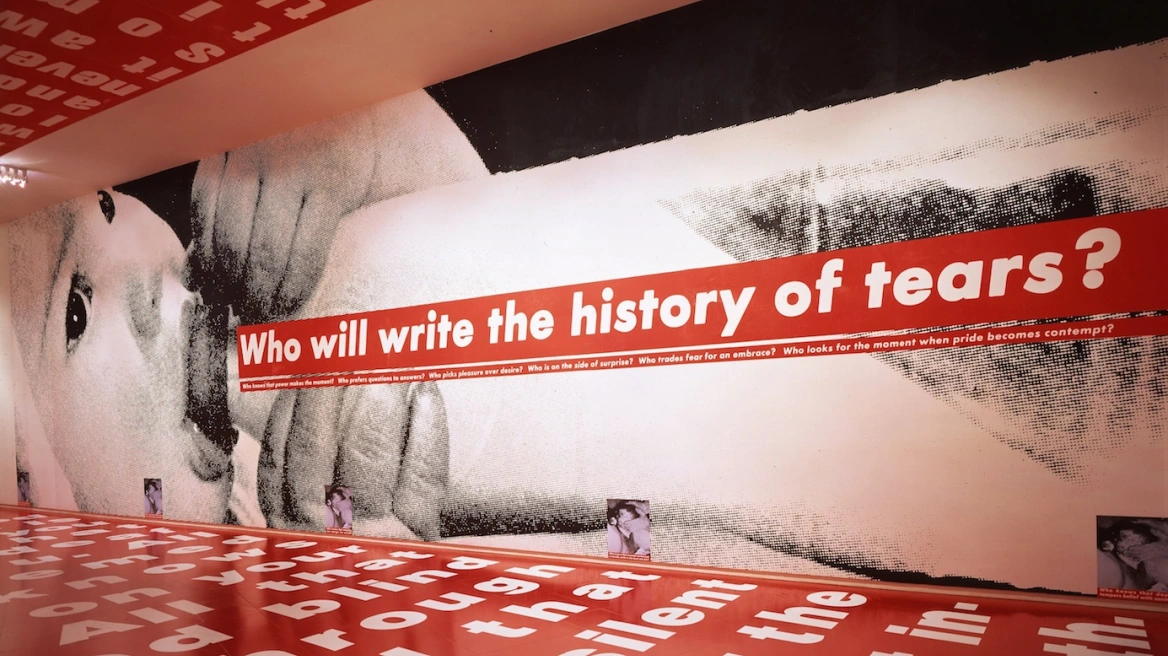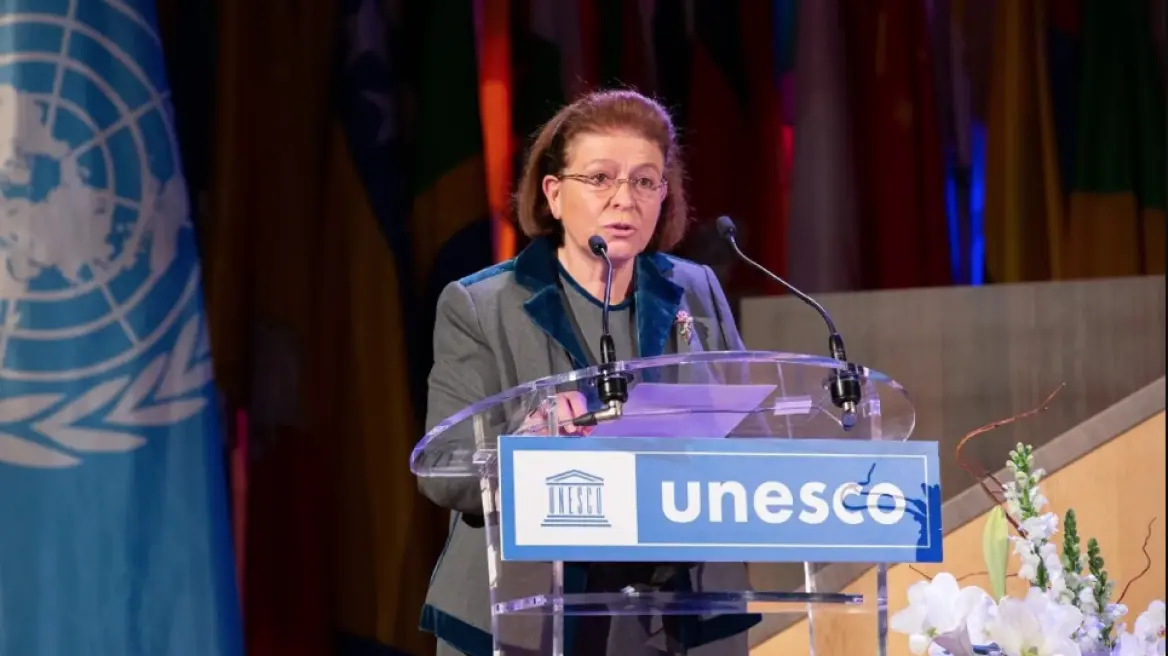As part of the program “Introducing Ancient Theatres of Greece,” in collaboration with the “Diazoma” Association, the ancient theatrical venues will open their gates to the public this summer. This initiative is carried out by the National Theatre in collaboration with the “Diazoma” Association and supported by the Ministry of Culture. Within this framework, Aristophanes’ play “Plutus,” directed by Manos Vavvadakis and featuring a cast of talented young Greek theatre artists, will be performed from July to September in 17 cultural venues across Greece.
With natural light and sound, Aristophanes’ last surviving work, “Plutus,” which elegantly culminates the poet’s experimentation with the comedic genre, will be presented in the ancient theatres of Aigeira, Ambracia, Arcadian Orchomenos, Gitana, Gytheio, Demetrias, Eretria, Zea, Thorikos, Kabirion, Kassopeia, Maroneia, Mieza, Orchomenos in Boeotia, Pleuron, the archaeological site of Eleusis, and the Ecclesiasterion of Messene.
This marks a fortunate connection between modern culture and cultural heritage monuments, as well as a valuable synergy between cultural organizations, bringing dramatic art and some of its natural venues to the heart of local communities.
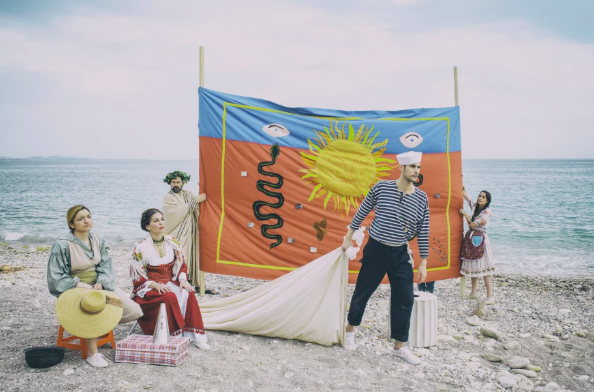
In “Plutus,” the elderly Chremylos goes to the Oracle of Delphi to ask Apollo if he should raise his son by teaching him the value of injustice to secure his future prosperity. The god does not respond directly but advises him to follow the first person he sees upon leaving the oracle. Chremylos follows Apollo’s advice and trails an old blind man. With the help of his servant Cario, he discovers that he was following Plutus, the god of wealth. Chremylos plans to cure Plutus’ blindness with the help of Asclepius so that he can distribute his gifts justly among the virtuous citizens. Penia (Poverty), who has ruled the city until now, tries to stop them, reminding Chremylos—and the audience—of the necessity and value of a measured life. However, Penia ultimately loses the argument.
Asclepius performs a miracle, and Plutus regains his sight and wisdom. Chremylos’ house becomes crowded with visitors seeking Plutus. The new situation not only changes social balances but also causes turmoil on Olympus. Hermes, the messenger of the gods, becomes unemployed and asks Plutus for help, while the priest at Zeus’ temple starves because Athenians have stopped making sacrifices. Eventually, prudence prevails, and Plutus, accompanied by the Chorus, is led back to his old home at the rear of Athena’s temple in the Parthenon, where the public treasury was kept.
With “Plutus” (338 BC), the last of Aristophanes’ surviving comedies, we leave behind the structure and motifs of Old Comedy and move into New Comedy. In “Plutus,” Aristophanes removes the choral elements, the parabasis, and the stinging mockery from his verse to focus on the problems of daily life.
Director Manos Vavadalis notes: “The blind god Plutus regains his sight and distributes goods equally in society. Early ‘socialist’ or simply nostalgic for a ‘golden age’ that is lost? The play, written in 388 BC after the defeat of Athenian democracy in the Peloponnesian War, proposes another Aristophanic utopia. But is a society whose material needs are fully met a happy society? Does individual happiness precede social prosperity? When is one truly free? When do the bonds of happiness break?
In this post-era of the play, the presence of the chorus is minimal, merely an observer of developments. A chorus that is absent, a symbol of a city that is indifferent. A small troupe of actors tours Greece, inviting audiences to a new gathering in spaces where society once entertained, discussed, and made decisions. It invites us to listen together, laugh together, and ultimately return to coexistence, abandoning technological and all kinds of loneliness.”
Tour Schedule:
- Ancient Theatre of Kabirion | Thebes
- Ancient Theatre of Demetrias | Volos
- Ancient Theatre of Maroneia | Evros
- Ancient Theatre of Mieza | Naousa
- Ancient Theatre of Gitana | Filiates Thesprotias*
- Ancient Theatre of Kassopeia | Preveza*
- Ancient Theatre of Ambracia | Arta
- Ancient Theatre of Pleuron | Mesolongi*
- Ancient Theatre of Aigeira | Aigio
- Ecclesiasterion of Messene*
- Ancient Theatre of Gytheio
- Ancient Theatre of Arcadian Orchomenos | Tripoli
- Ancient Theatre of Eretria
- Ancient Theatre of Orchomenos in Boeotia*
- Ancient Theatre of Zea | Piraeus*
- Ancient Theatre of Thorikos | Lavrio
- Archaeological site of Eleusis*
Admission to all venues is free with entry tickets distributed one hour before the start of performances. In venues marked with an asterisk (*), the archaeological site fee will be charged (6€, reduced 3€).
Ask me anything
Explore related questions
